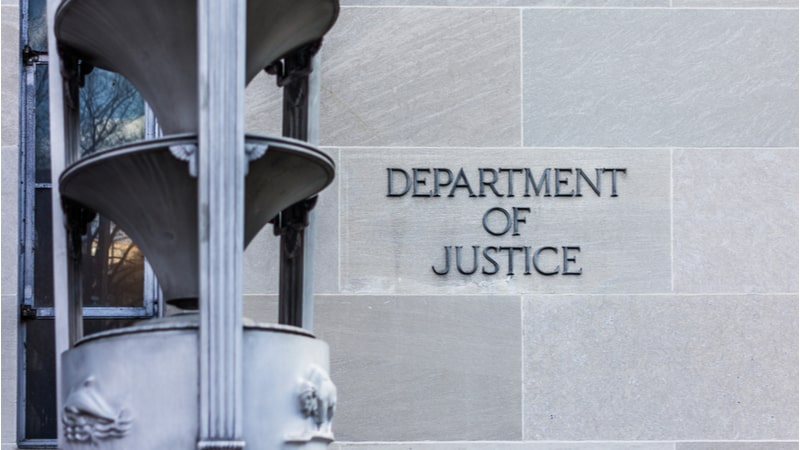
The Department of Justice’s (DOJ) Office of Justice Programs (OJP) assigned inaccurate monitoring priority levels for some Office of Juvenile Justice and Delinquency Prevention (OJJDP) grants from fiscal years 2017 through 2019, due in part to issues with the technical processes used to transfer data from the Grants Management System into the Grant Assessment Tool (GAT).
That’s the finding from a new Government Accountability Office (GAO) report which says the DoJ Inspector General found instances of potential fraud, waste and abuse in OJJDP – which was awarded nearly $874 million in grants during FY17-FY19.
DoJ assigns a risk score of high, medium, or low to each grant to help determine a monitoring priority, but GAO “found that 47 percent of these risk scores were inaccurate in FY2017-2019, resulting in 13 percent of grants receiving an inaccurate monitoring priority.”
“OJP officials identified several potential explanations for the scoring discrepancies and errors, including manual score changes that had not been documented and problems with the technical processes used to transfer data from the Grants Management System into the GAT,” wrote GAO. “OJP officials did not identify these issues until GAO’s review, in part because GAT scoring and quality assurance processes had not been documented in policy or standard operating procedures.”
GAO made three recommendations for OJP including:
- Documenting changes to the GAT data sources and scoring processes resulting from OJP’s ongoing GAT data extract and workflow processes review;
- Documenting “the GAT scoring and quality assurance processes developed for subaward-related risk criteria within the JustGrants system”; and
- Documenting “the GAT quality assurance processes for both new and existing GAT risk criteria within the JustGrants system, to include requirements associated with manual scoring changes.”
DoJ concurred with all three recommendations.
